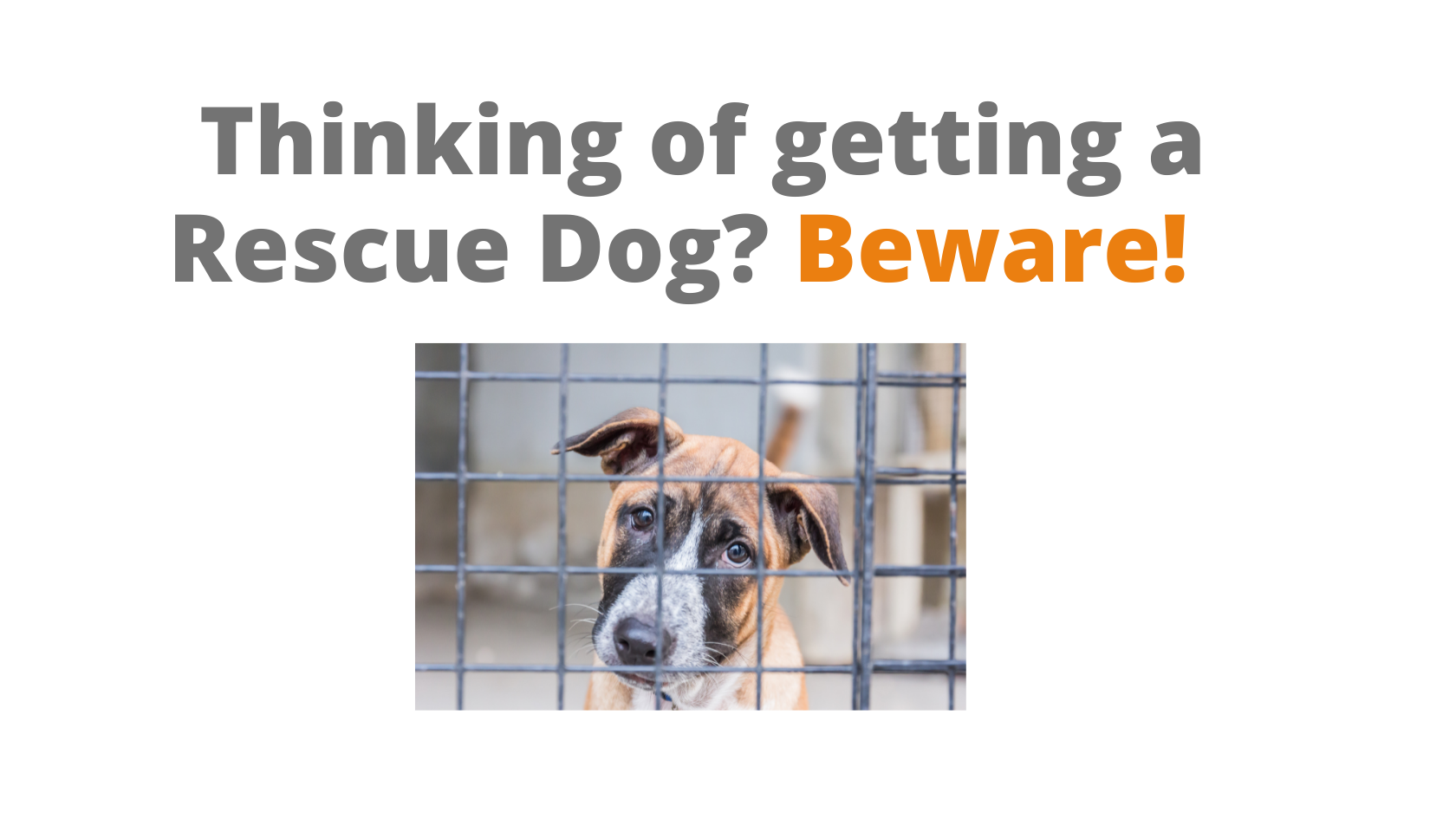I’ve just put the phone down to one of my best friends with whom I did a Dog Listening session a few years ago when their family rehomed a lurcher, Kiki. I LOVED that session so much because not only did it involve mum and dad (my friend and her husband), but also two children asking really intelligent questions AND the grandparents who were going to be involved in the care of Kiki. How joyous!
We were just catching up via a phone call and my friend was complaining that her sleep was being really disrupted recently due to Kiki barking more and more at night, probably due to the foxes coming into the garden, and what could I suggest to help?
Here are the questions I asked my friend:
- Where does Kiki sleep in relation to the noises from the garden?
- Do you think she’s warm enough?
- What does my friend currently do when she barks?
- What is her level of interaction and eye contact with the dog like during the day?
- How does she reunite when coming in from work?
- How is she eating and is she picking the bowl up?
- Does she bark in the daytime and what does my friend do about that?
Answering these questions has then given my friend a blueprint to revisit to get a better night’s sleep again. Because what we found was:
- She sleeps in a large covered crate, away from the window in the open plan living area, there isn’t really another place for her. OK, no changes here.
- Unsure, so we discussed the value of making sure she is warm enough by putting a thicker blanket over the crate in an addition to what is there now. If a dog gets cold or uncomfortable at night, it can increase the likelihood of being unsettled. Whereas if really snuggly, they are less likely to want to change that!
- Sometimes my friend lets the dog go to the window and see there is nothing there and sometimes she is so tired and desperate she will raise her voice at the dog begging her to stop barking! I asked her to try not to do either of those things! Firstly, don’t let the dog go to the window because that will increase the dog’s belief that it is her responsibility to sort things out, and secondly, I don’t even want her to speak to the dog in the middle of the night. She could go downstairs briefly as reassurance, but only that. No telling off, no soothing, no explaining, nothing. Some dogs bark to see if they can get attention and that raising the pedestal they are sitting on! We have to remove all possibility of this by not giving her any eye contact or attention.
- Which brings me onto the next point. If a behaviour has been increasing over time, this usually tells me that interactions have been confusing the dog over time too. So I reminded my friend about the significant of too much eye contact and interaction on the dog’s terms during the day… even this, if out of balance, can be the cause of behaviours including nighttime barking. I asked her to watch my eye contact video again https://calmkindhappy.co.uk/free-training/
- We revisited how everyone reunites with Kiki when coming home from school or work, reminding that Kiki needs to be called to them, NOT visited while she remains her throne (whether it’s a sofa, a crate, a dog bed, doesn’t matter, if you go to her, you can consider it a throne)!
- We also revisited how important it was that Kiki’s food bowl was picked up off the floor when she had finished eating, removing any possibility of Kiki using food (even the scent of food left in the bowl or a tiny morsel is significant) to question everybody’s role in the family.
- Finally we talked about how to deal with Kiki’s barking in the daytime and how that informs Kiki of what is expected of her in the nighttime. So lots more Thanking, Looking and possibly Time Outing will help Kiki have the right information to be able to settle better at night.
If this is a problem for you, see if you can follow my train of thought via the questions I asked and the answers we got to. It’s unlikely to be exactly the same for you and your dog, but it should give you some thoughts that the solution for calm and happy dogs is always in the interactions and teaching during the entire day, the whole 24hrs, not just the precise moment when problem occurs.
#dogbehaviour #calmkindhappy #doglistening #thanklooktimeout #rescuedogs #boxernotbonkers



